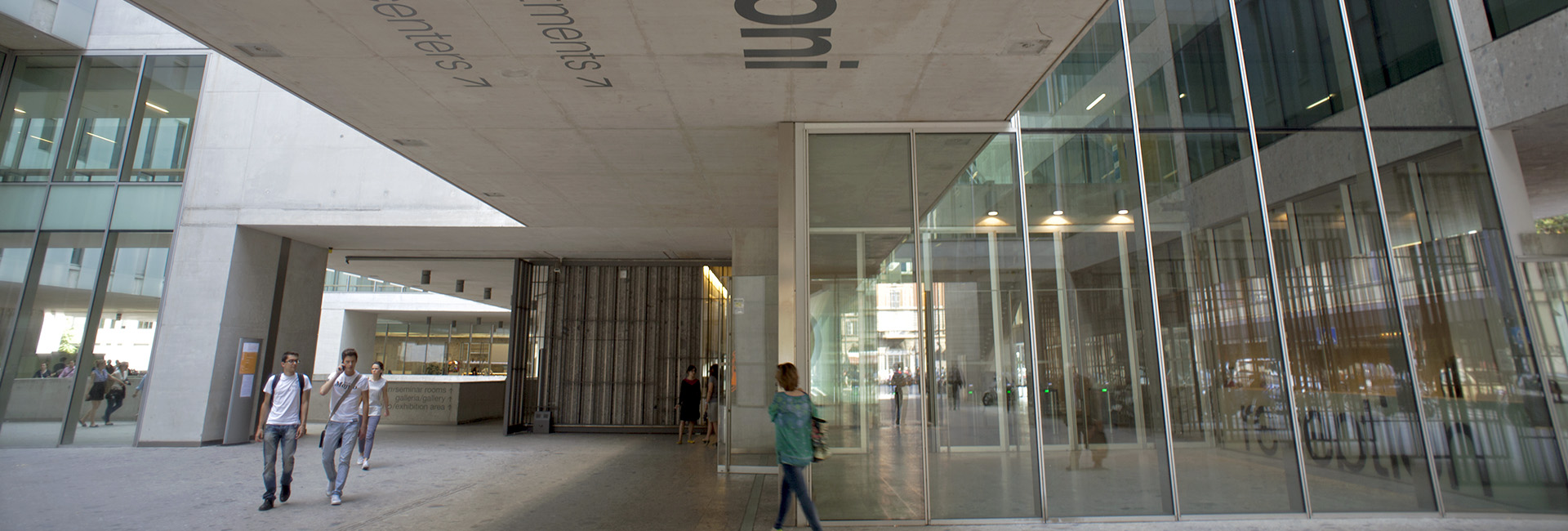20613 - POLITICAL SCIENCE - MODULE 2 (INTERNATIONAL RELATIONS AND POLITICS)
Course taught in English
Go to class group/s: 24
Synchronous Blended: Lezioni erogate in modalità sincrona in aula (max 1 ora per credito online sincrona)
Knowledge of fundamental notions in International Relations and Comparative politics and understanding of research design and quantitative methods in political science are useful. Students that have no background in these subjects can read: Frieden, J. A., & Lake, D. A. (2015). World politics: Interests, interactions, institutions: Third international student edition. WW Norton & Company. Clark, W. R., Golder, M., & Golder, S. N. (2017). Principles of comparative politics. CQ Press. Kellstedt, P. M., & Whitten, G. D. (2018). The fundamentals of political science research. Cambridge University Press.
How does what occur within states affect what occurs across states? Scholars had underestimated the impact of domestic politics on international relations for decades. The end of the Cold War, due to the collapse of Soviet Union, has highlighted the relevance of state-level factors in determining changes in the international system and states’ foreign policy. As of consequence, the study of International Relations has taken a “domestic turn”, narrowing the gap with the field of Comparative Politics and the sub-field of Foreign Policy Analysis. Taking stock of such research, this course aims to explore how factors, dynamics, and actors associated with the politics of states – such as regime type, government composition, economic cycles, elections, interest groups and bureaucracies, leaders’ psychology – impact on cooperation and conflict between states. Therefore, employing a research-oriented approach, the course contributes to broaden the understanding of international relations and how they relate to domestic politics.
The course is divided in eight parts, covering different topics. Each part is composed by two classes dealing with that topic. Beside the first part, students will be asked to set up a debate regarding an issue associated with the topic.
Part I: Rationalist and structuralist explanations of the democratic peace
Part II: Democracies in war
Part III: Normative explanations of the democratic peace
Part IV: Autocracies in war
Part V: The public and diversionary war theory
Part VI: The politics of international cooperation
Part VII: The politics of international political economy
Part VIII: Foreign Policy Analysis
· Analyze cooperation and conflict between states from a domestic politics perspective
· Combine insights from the fields of International Relations and Comparative Politics
· Deepen their understandings of fundamentals of political science
· Employ a research-oriented and problem-solving approach to questions of international politics
· Interpret and contextualize results from political science research for policymaking
· Discuss and debate about issues related to international relations in an effective manner
- Face-to-face lectures
- Group assignments
Group assignments: group debates on a topic selected by the teacher, followed by an essay expanding on each group’s presentation.
| Continuous assessment | Partial exams | General exam | |
|---|---|---|---|
| x | x | ||
| x | x |
The written exam (that can be divided in partial exams) will cover 3/4 of the total grade (24/33 points).
The written exam will assess students' ability to:
- Analyze cooperation and conflict between states from a domestic politics perspective
- Combine insights from the fields of International Relations and Comparative Politics
- Deepen their understandings of fundamentals of political science
Group presentation and essay will cover the remaining 1/4 (9/33 points).
The group presentation and essay will assess students' ability to:
- Employ a research-oriented and problem-solving approach to questions of international politics
- Interpret and contextualize results from political science research for policymaking
- Discuss and debate about issues related to international relations in an effective manner
The written exam will cover 3/4 of the total grade (24/33 points).
The written exam will serve to assess students' ability to:
- Analyze cooperation and conflict between states from a domestic politics perspective
- Combine insights from the fields of International Relations and Comparative Politics
- Deepen their understandings of fundamentals of political science
Individual student essays will cover the remaining 1/4 (9/33 points).
The individual student essays will assess students' ability to:
- Employ a research-oriented and problem-solving approach to questions of international politics
- Interpret and contextualize results from political science research for policymaking
- Discuss and debate about issues related to international relations in an effective manner
Class materials and day-to day readings as in the syllabus





